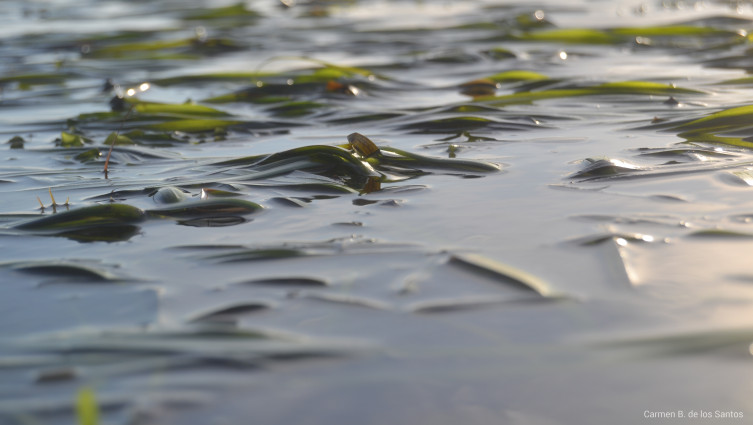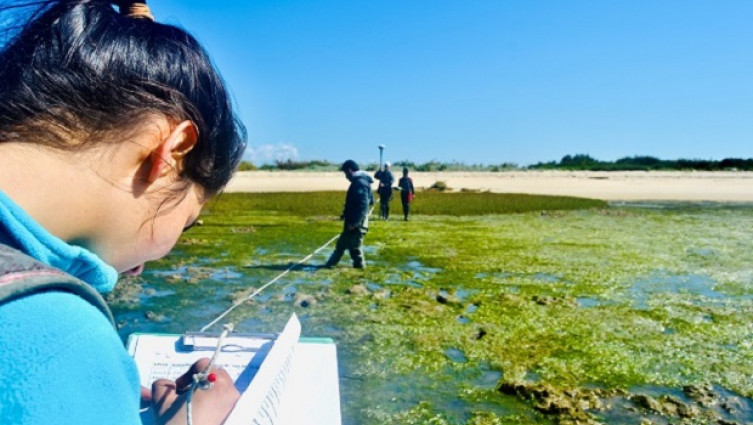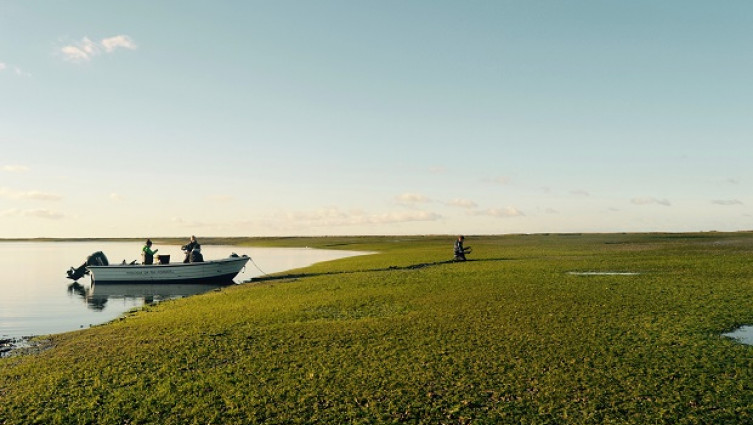New UN report highlights the necessity to protect seagrasses meadows
The importance of seagrass meadows and the need to protect them are the focus of a new UN alert. These ecosystems, which continue to decline, are effective natural solutions for mitigating climate change and contribute to the sustainability of communities affected by stress factors such as the COVID-19 pandemic.
Seagrass meadows are among the most common coastal habitats on the planet, covering more than 300 000 km2 in at least 159 countries. Biologically rich and highly productive, these ecosystems provide habitat for many species, including the fish populations of the 20% largest fisheries in the world, protect the coast from erosion, filter water from pathogens and pollutants and other benefits to coastal communities. The new Out of the Blue: The Value of Seagrasses to the Environment and to People report was launched today on World Ocean Day by the United Nations Environment Programme in collaboration with the GRID-Arendal centre and the United Nations World Conservation Monitoring Centre. This report shows that although they cover only 0.1% of the ocean floor, seagrass meadows are important carbon sinks, storing up to 18% of the world's oceans' carbon.
Since the late 19th century, almost 30 per cent of known seagrass area across the world has been lost. The main threats include urban, industrial and agricultural run-off, coastal development, dredging, unregulated fishing, boating and climate change. "Maintaining the health of seagrass ecosystems – which provide food and livelihoods to hundreds of millions of people, support rich biodiversity, and constitute one of the planet’s most efficient stores of carbon – is important for healthy marine life and for healthy people around the world," said Susan Gardner, Director of Ecosystems Division. "Seagrasses represent powerful nature-based solutions to the climate challenge and sustainable development."
Carmen Santos, a researcher from the CCMAR at the University of the Algarve, coordinated one of the chapters of this report. She explained that “Portugal lost extensive areas of seagrasses during the last decades, and with we also lost their benefits, such as fisheries support and carbon sequestration." The CCMAR research group, of which she is part, focuses its studies on the environmental benefits that seagrass provides, especially with regard to how they contribute to climate change mitigation through carbon sequestration. Carmen expects that this UN Global Seagrass Report "will contribute to put seagrasses on the focus of the conservation agenda in Portugal, to protect and recover this precious ecosystem and bring back their benefits.” Conserving and restoring seagrass meadows can contribute to achieving as many as 10 of the UN Sustainable Development Goals as well as the goals of the Paris Agreement and the Convention on Biological Diversity.
Full article HERE




